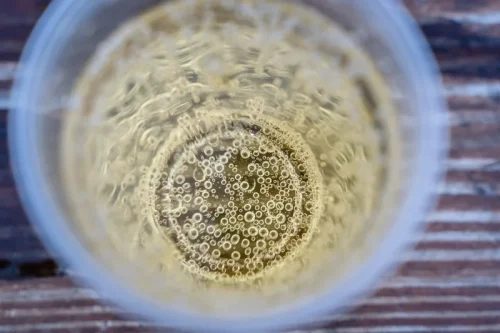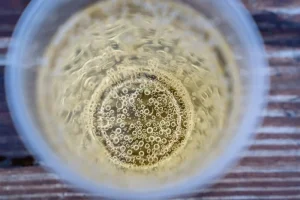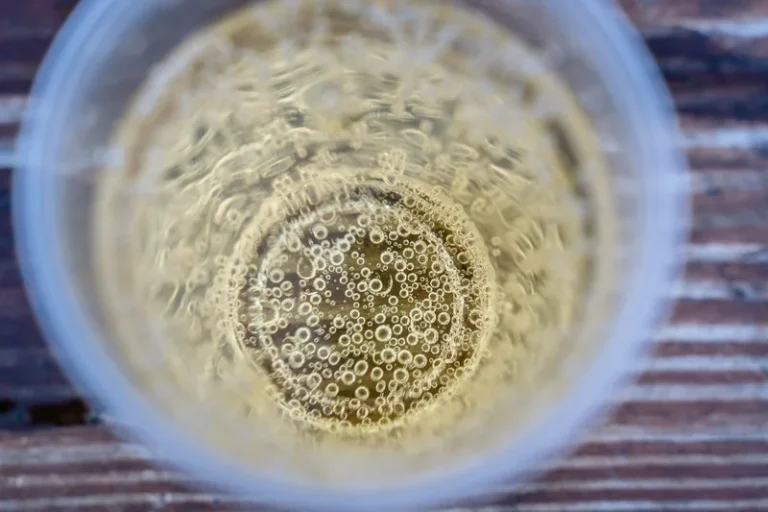Early Signs of Liver Damage From Alcohol: How to Tell, What to Know

But damage to blood vessels below the skin causes them to rupture and leak blood. People taking medication who notice an increase in bleeding or bruising should consider asking a doctor whether their medication can cause bleeding. They may wish to discuss the risks and benefits of continuing treatment.
- But bruising shouldn’t always be dismissed so easily, says hematologist Dana Angelini, MD.
- A bruise (also called ecchymosis) can bother us for days, either because they’re painful or we don’t know how they got there.
Taking Certain Medications

One common sign of alcoholic hepatitis is jaundice, where alcohol and bruising the skin and whites of your eyes look yellowish. But long-term and excessive alcohol consumption can lead to liver inflammation (liver hepatitis). Symptoms of this condition include appetite loss and weight loss.
Early symptoms
“If your symptoms arise out of the blue, as in you never had issues before and then suddenly you start bleeding easily, it’s important to seek medical attention,” she explains. Bruising easily can be as simple as a side effect of taking a blood thinner, or it could signal a vitamin deficiency or another underlying issue. Alcohol is one of several substances that can damage your liver. Excessive alcohol consumption can cause fat to build up in your liver. This can lead to inflammation and an increase in scar tissue, which can seriously impact your liver’s ability to function as it should.

What can happen to your liver if you drink too much alcohol?
Alcoholic liver disease is caused by excessive consumption of alcohol. There are three stages—alcoholic fatty liver disease, alcoholic hepatitis, and alcoholic cirrhosis. Your healthcare provider may also test you for individual nutrient deficiencies. Many people with alcoholic liver disease are deficient in B vitamins, zinc and vitamin D and it may become necessary to take supplements. To diagnose ALD, a healthcare provider will assess alcohol use, ask about symptoms, and conduct several tests.
Why is easy bruising so common in older adults?
Mast cell activation syndrome also can occur, with related symptoms and conditions that include irritable bowel syndrome, fibromyalgia, allergic responses, and other variants. Eating a healthy diet, getting regular exercise, and avoiding liver-damaging foods such as fried foods, can also help the liver heal during treatment. In some cases, supplementation with vitamins may be recommended. Most people will not experience symptoms in the early stages of ALD. Some may experience mild pain in the upper right side of the abdomen.
Confirming Alcoholic Liver Disease Through Diagnosis
- A deficiency is rare but can occur in newborns, who are typically given a vitamin K injection at birth to prevent a deficiency.
- The discoloration you see as a bruise on the surface of your skin is from blood that has pooled in or under your skin.
- If a medication is the likely cause of easy bruising, your healthcare provider can reevaluate the benefits versus the risks of continuing to take it.
- One of your liver’s jobs is to break down potentially toxic substances.
- Defects in blood vessels usually cause red or purple spots and patches on light skin and brown or dark patches on dark skin, rather than bleeding.
- You may have a history of significant bleeding or bruising after surgical procedures.
- Bruising happens when capillaries break open under your skin, causing bleeding within the skin tissue.
They may be visible in areas with less melanin, such as the forearms. The symptoms will be present from birth and can affect babies and young children. Sign up for free and stay up to date on research advancements, health tips, current health topics, and expertise on managing health. Patrick has tremendous empathy and compassion for the recovery community, being in recovery himself since 2018.

This is because vitamin K helps the body form clots to stop bleeding. A person with a genetic bleeding disorder has a higher risk of bruising and excessive, possibly life threatening bleeding. The bruises will look like regular bruises, but they can be larger. There are many other potential causes of bruising, including injury, certain medications, and underlying medical conditions. If you’re concerned about bruising, talk to your doctor about other possible causes. Chronic heavy drinking can cause alcoholic hepatitis, which is the inflammation of your liver.
